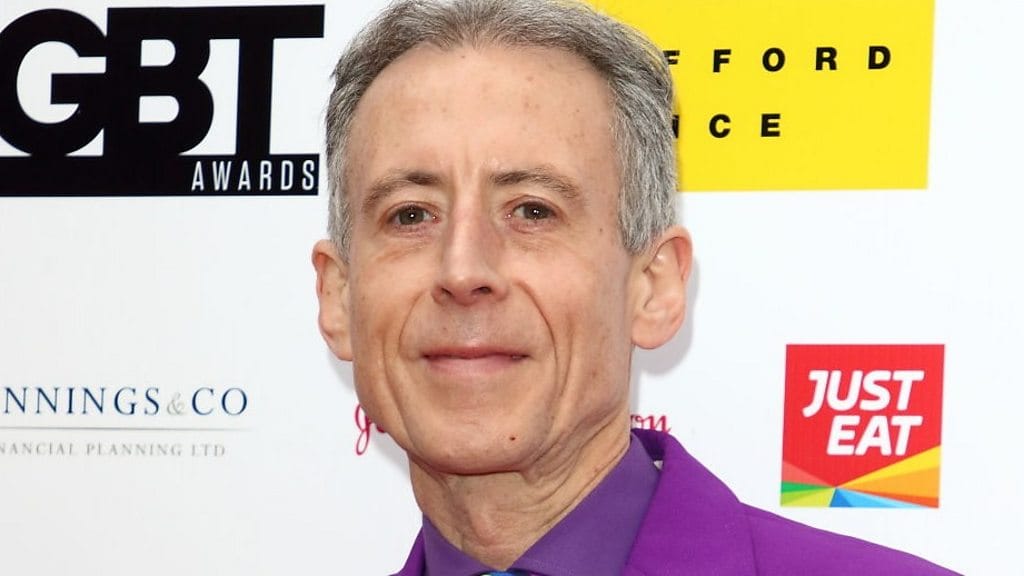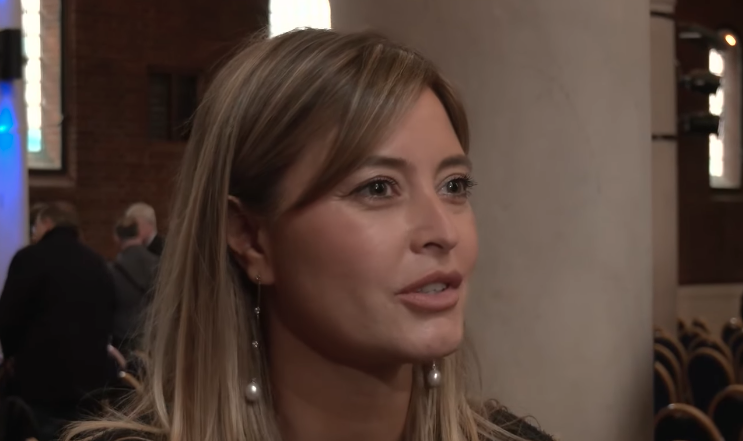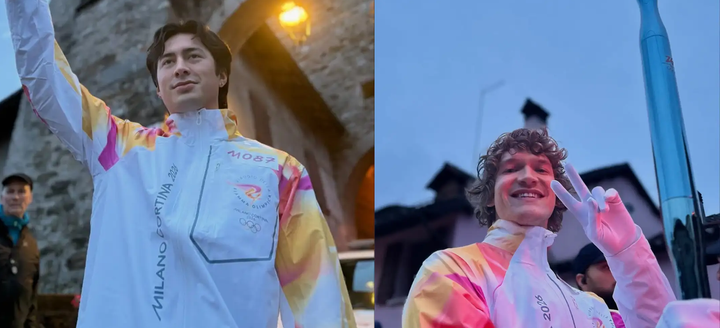Chief Constable of Greater Manchester Police has "refused to apologise for his force’s past homophobic witch-hunts"

The Chief Constable of Greater Manchester Police (GMP), Stephen Watson, has "refused to apologise for his force’s past homophobic witch-hunts", which involved some of the most extreme unlawful victimisation of LGBTs by any UK force.
His refusal comes nearly two years after he was first urged to say sorry by the Peter Tatchell Foundation. According to the human and LGBTQ+ rights organisation, the Chief Constable ignored three letters requesting an apology and has only responded now, after Peter Tatchell highlighted his refusal to reply to the Mayor of Greater Manchester, Andy Burnham, who has oversight of policing.
Mr Watson has declined to issue an apology despite growing national momentum. To date, 21 UK police forces - including the Metropolitan Police in London and Sussex Police - have formally apologised for their past anti-LGBT+ persecution. The National Police Chiefs’ Council has also acknowledged that such apologies may be appropriate and encouraged individual forces to respond.
“This refusal to apologise is an insult to the LGBTQ+ community, who suffered so much at the hands of the Manchester Police in decades past,” said Peter Tatchell, Director of the Peter Tatchell Foundation.
Mr Tatchell has this week rewritten to Mr Watson, rebutting his excuses for not apologising and appealing once again for him to say sorry.
READ PETER’S NEW LETTER TO CHIEF CONSTABLE WATSON HERE
In his letter to Stephen Watson, Peter Tatchell writes:
“Greater Manchester Police has a particularly troubling homophobic history that deserves specific acknowledgement and apology. Under Chief Constable James Anderton in the 1980s, the force became synonymous with open hostility towards the LGBTQ+ community.

“At the height of the AIDS crisis, when hundreds of gay men were suffering slow, agonising deaths, Mr Anderton described gay people as "swirling in a human cesspit of their own making." He abused his position as Chief Constable to promote religiously-motivated intolerance towards LGBTs, including publicly supporting the recriminalisation of same-sex relationships.
“His comments were not isolated rhetoric—they informed operational policing. GMP officers were directed to illegally harass gay venues, including a notorious raid by 23 police officers on Napoleon’s bar in 1984. The names and addresses of members were illegally seized, patrons were forcibly and unlawfully photographed and intimidated by aggressive bullying officers. In some cases, gay and bisexual men were publicly outed by the police. They lost their jobs and were subjected to homophobic insults, threats and violence, as a result of these abuses by Manchester Police.
“There were also regular police raids on the New Union, Rembrandt Hotel and the Clone Zone shop. These were acts of vindictive, malicious police harassment.
“The police openly boasted: ‘We’ve been trying to close these queer places for years.’ This was a clear admission of a witch-hunt and homophobic vendetta.
"GMP was at the forefront of police homophobia in the UK."

Mr Tatchell today added: “To now refuse to apologise adds insult to injury. Apologies are not symbolic—they are acts of justice and healing. They show leadership and humanity. They tell survivors of police witch-hunts: ‘We see you, we acknowledge the harm we caused, and we are sorry.’
“Twenty-one other forces have recognised that acknowledging past wrongs helps rebuild LGBTQ+ trust. It will encourage more LGBTs to report hate crime, sexual assaults and domestic violence, which is what we all want.
“Not saying sorry undermines LGBTQ+ confidence in the police and will damage the police’s reputation among LGBTs.
“We are not suggesting all past officers were bad or blaming today’s officers. An apology is about taking responsibility for homophobic police behaviour in previous decades and saying sorry.
“The Peter Tatchell Foundation is calling on GMP to reconsider and join 21 other forces in making a public apology – not for enforcing the law, but for the often homophobic and illegal way they enforced it,” said Mr Tatchell.





Comments ()